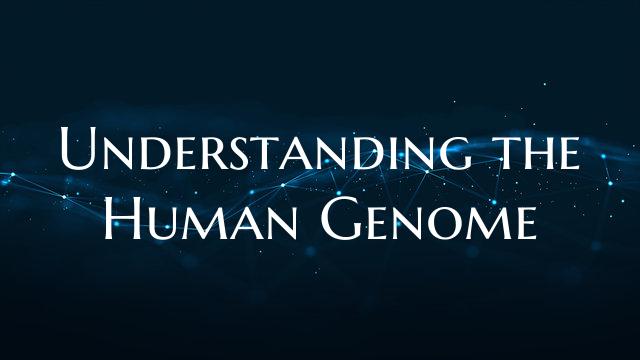Understanding the Human Genome
The human genome is a remarkable blueprint that holds the key to our identities, our health, and our very existence. It serves as a fundamental code that dictates our physical traits, susceptibility to diseases, and response to environmental influences. Through the groundbreaking efforts of the Human Genome Project and advances in genomic research, scientists have made significant strides in unraveling the secrets encoded within our DNA.
At the core of understanding the human genome lies the concept of genetics, the study of heredity and the variation of inherited characteristics. Genes are the functional units within the genome that carry the instructions for producing proteins, the building blocks of life. These genes are organized along the DNA molecule in a specific sequence that determines their function.
One of the key aspects of the human genome is its remarkable complexity. While the human genome comprises approximately 3 billion base pairs of DNA, only a small fraction of this sequence contains protein-coding genes. The rest of the genome consists of regulatory elements, non-coding regions, and repetitive sequences that play crucial roles in gene expression, genome stability, and evolution.
Understanding the human genome has revolutionized the fields of medicine, biology, and biotechnology. It has enabled scientists to uncover the genetic causes of inherited diseases, develop personalized treatments based on an individual's genetic profile, and explore the evolutionary history of our species. By studying the variations in the human genome across diverse populations, researchers can gain insights into the genetic basis of traits such as eye color, height, and susceptibility to common diseases.
Moreover, the human genome holds the promise of unlocking the mysteries of complex diseases such as cancer, cardiovascular disorders, and neurological conditions. By identifying genetic mutations associated with these diseases, researchers can develop targeted therapies that address the underlying molecular mechanisms driving disease progression.
In conclusion, understanding the human genome is a monumental endeavor that continues to shape our understanding of life itself. The discoveries made in the field of genomics have transformed our perception of health and disease, paving the way for a future where precision medicine is tailored to each individual's unique genetic makeup. As we delve deeper into the intricacies of the human genome, we unravel the threads that connect us all at the most fundamental level of our existence.

